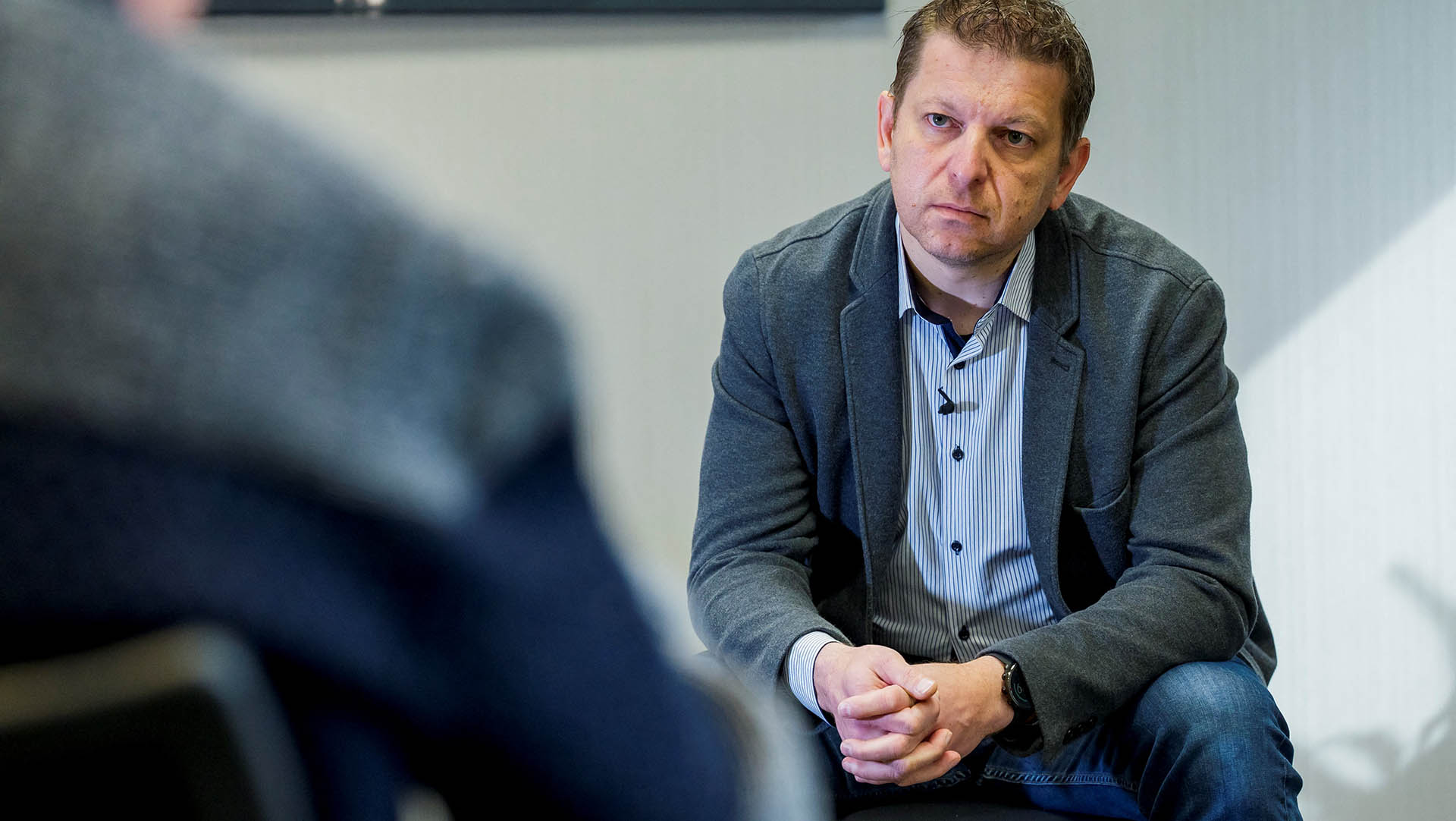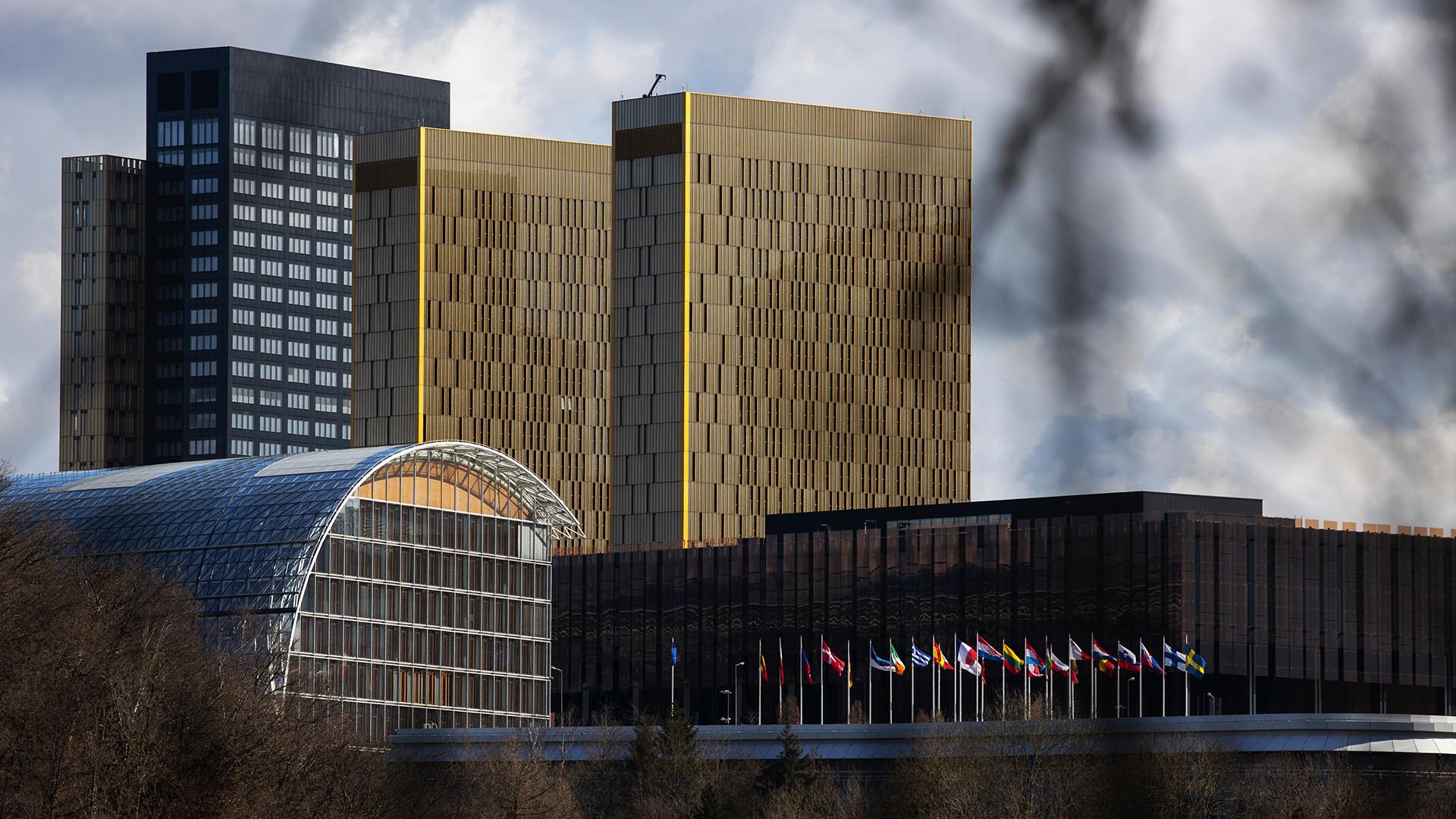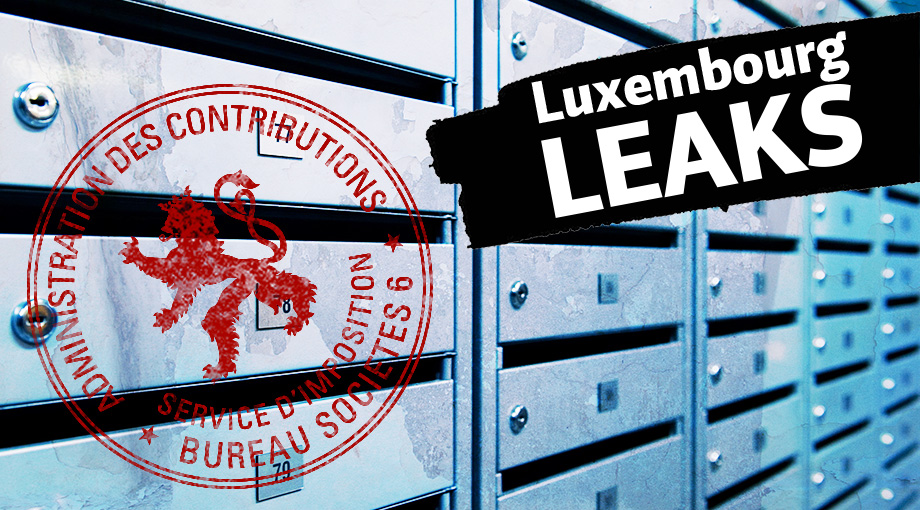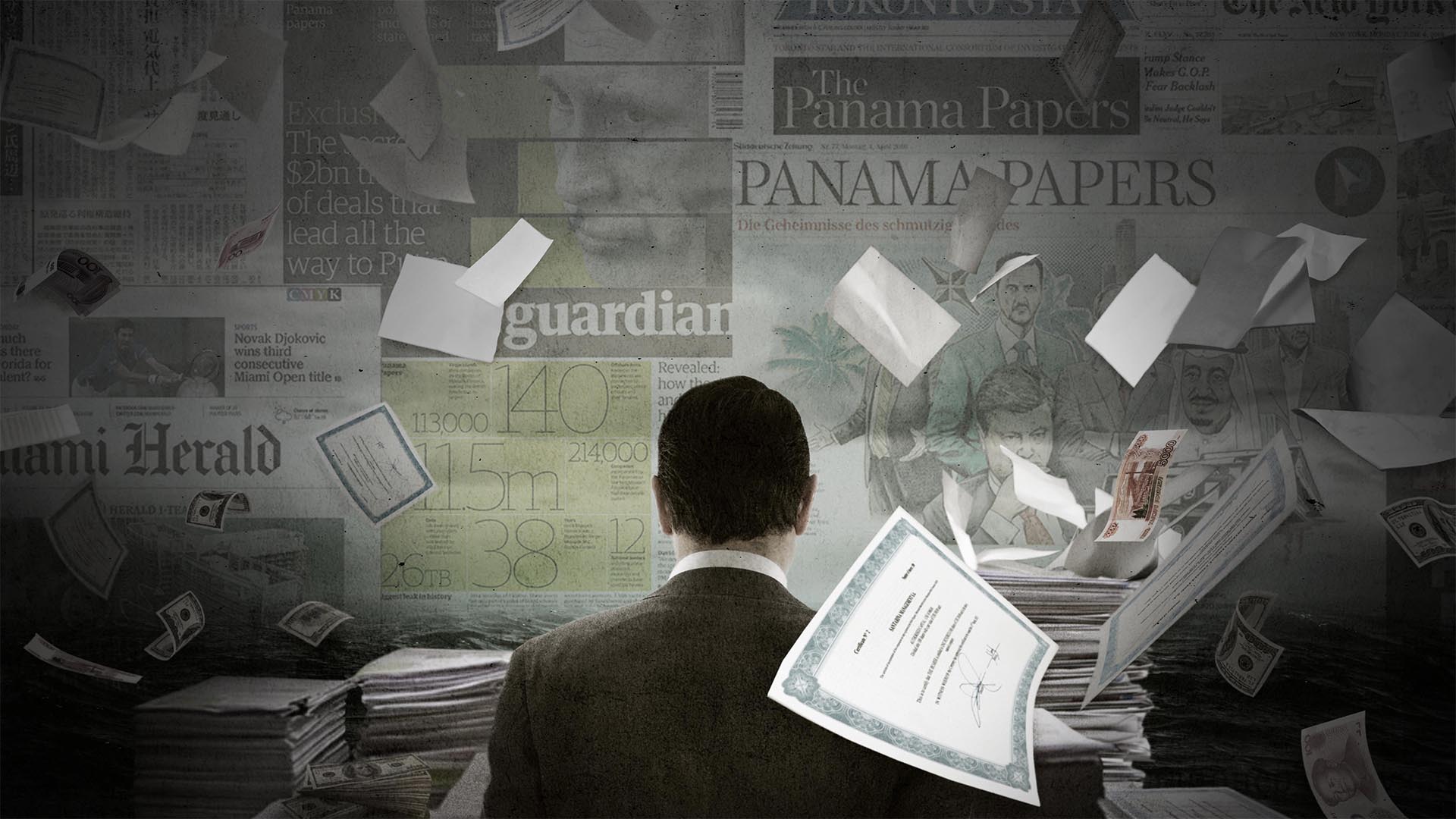WHISTLEBLOWERS
European court reverses course to rule in favor of LuxLeaks whistleblower
The European Court of Human Rights ruled that the public interest in leaking the data showing how multinationals spirited profits to the tiny nation outweighed the detrimental effect.

A former auditor convicted over leaking documents that exposed industrial-scale tax dodging in Luxembourg has won his bid to be recognized as a whistleblower rather than a criminal before Europe’s top rights court.
The Grand Chamber of the European Court of Human Rights ruled by a 12 to five majority that the public interest in leaking the data showing multinationals like Apple, Amazon and Pepsi spiriting profits to the tiny nation outweighed the detrimental effect.
The court found that a fine issued by a Luxembourg court against ex-PricewaterhouseCoopers employee Raphaël Halet for releasing documents as part of the Luxembourg Leaks financial scandal could have a chilling effect on the media.
The fine had previously been upheld in 2021, by seven judges at the Strasbourg court. Halet appealed the decision and successfully argued before the Grand Chamber that his 2016 conviction for leaking the data about Luxembourg’s tax dealings violated his right to freedom of expression.
The leaked files formed part of the cache used by the International Consortium of Investigative Journalists and dozens of media partners for the 2014 Luxembourg Leaks project.
ICIJ’s investigation showed how IKEA, AIG, Deutsche Bank and hundreds more international brands received secret deals in Luxembourg that allowed many to slash their global tax bills.
PwC helped multinational companies obtain more than 500 tax rulings in Luxembourg from 2002 to 2010 featuring complex structures designed to drastically reduce tax liabilities.
French national Halet received a suspended sentence of nine months, plus a fine in June 2016 for releasing the documents.
In its Tuesday ruling overturning the 2016 conviction, the ECHR described Halet’s leaks as making “an essential contribution” to the “public debate on the tax practices of multinational companies” and said that “the public interest in the disclosure of that information outweighed all of the detrimental effects arising from it.”
“Thus, after weighing up all the interests concerned and taking account of the nature, severity and chilling effect of the applicant’s criminal conviction, the Court concluded that the interference with his right to freedom of expression, in particular his freedom to impart information, had not been ‘necessary in a democratic society,’” the ruling stated.
Halet, using the email address saveonemilliondollars@gmail.com, and another whistleblower, Antoine Deltour, shared PwC documents with investigative journalist Edouard Perrin, who published an investigation in 2012 before going on to collaborate with ICIJ on the LuxLeaks investigation.
Dozens of journalists from media organizations around the globe joined with ICIJ in collaboratively reviewing the 28,000 pages of documents and subsequently publishing scores of stories exposing the international tax machinations.
Companies were revealed to have channeled hundreds of billions of dollars through Luxembourg and saved billions of dollars in taxes.
In response, European governments promised to end the culture of secrecy that allowed some of the world’s largest companies to pay less than 1% tax.
Luxembourg, for its part, charged Perrin, Halet and Deltour over their roles in the document leak. Perrin and Deltour were eventually acquitted and Halet was fined.
Relying on Article 10 (freedom of expression) of the European Convention on Human Rights, Halet argued that his criminal conviction had amounted to a disproportionate interference with his right to freedom of expression.
Ruling in his favor, the human rights court ordered Luxembourg to pay Halet 55,000 euros (about $58,800) and to meet his legal costs.
Alex Cobham, chief executive of advocacy group the Tax Justice Network, welcomed the court’s decision, which comes months after another European court ruling that effectively outlawed public registries of company owners.
“We are now all once again desperately reliant on brave whisteblowers like Raphael, who Luxembourg tried to silence, to hold the rich and powerful accountable,” Cobham said.


